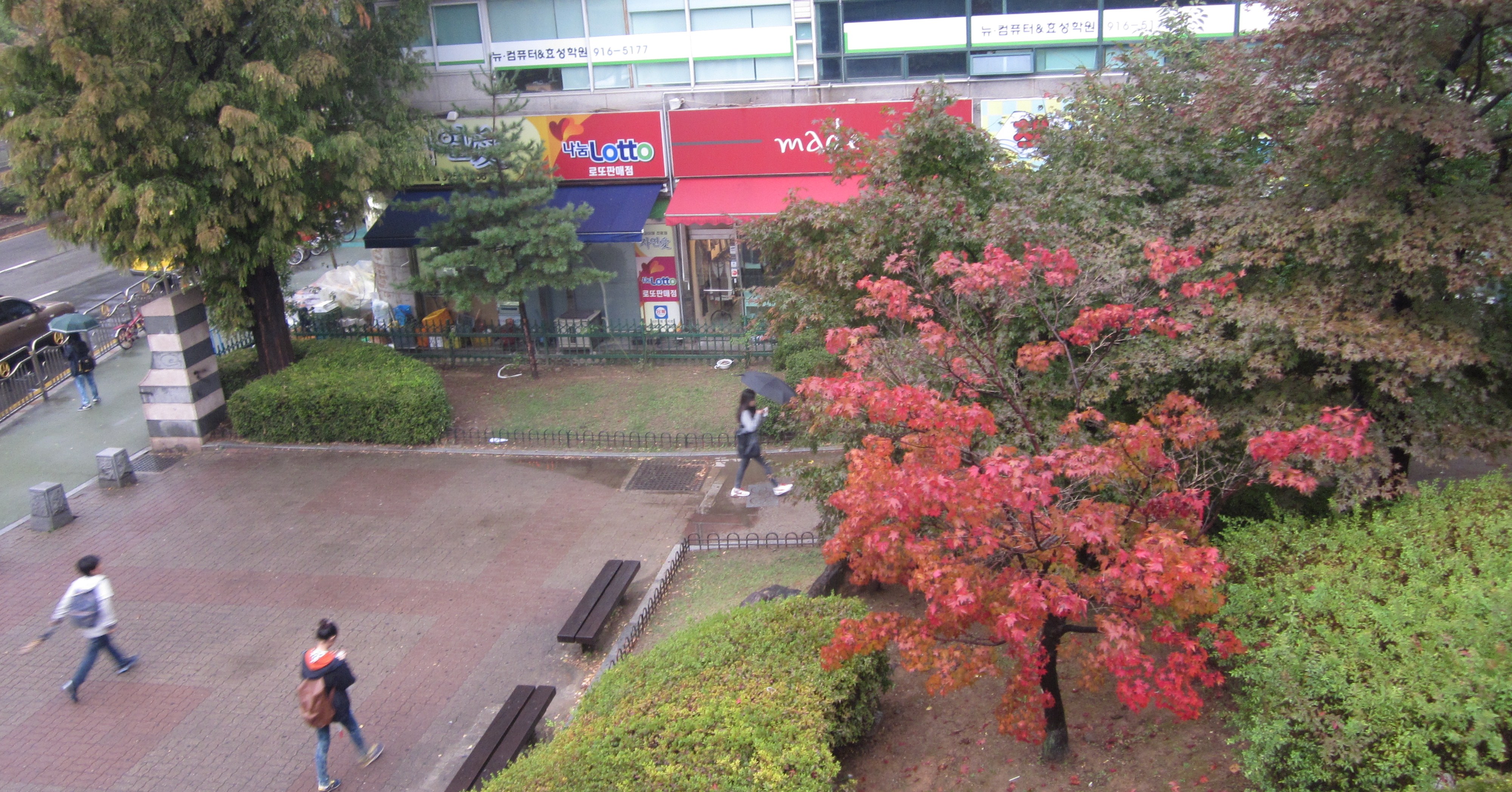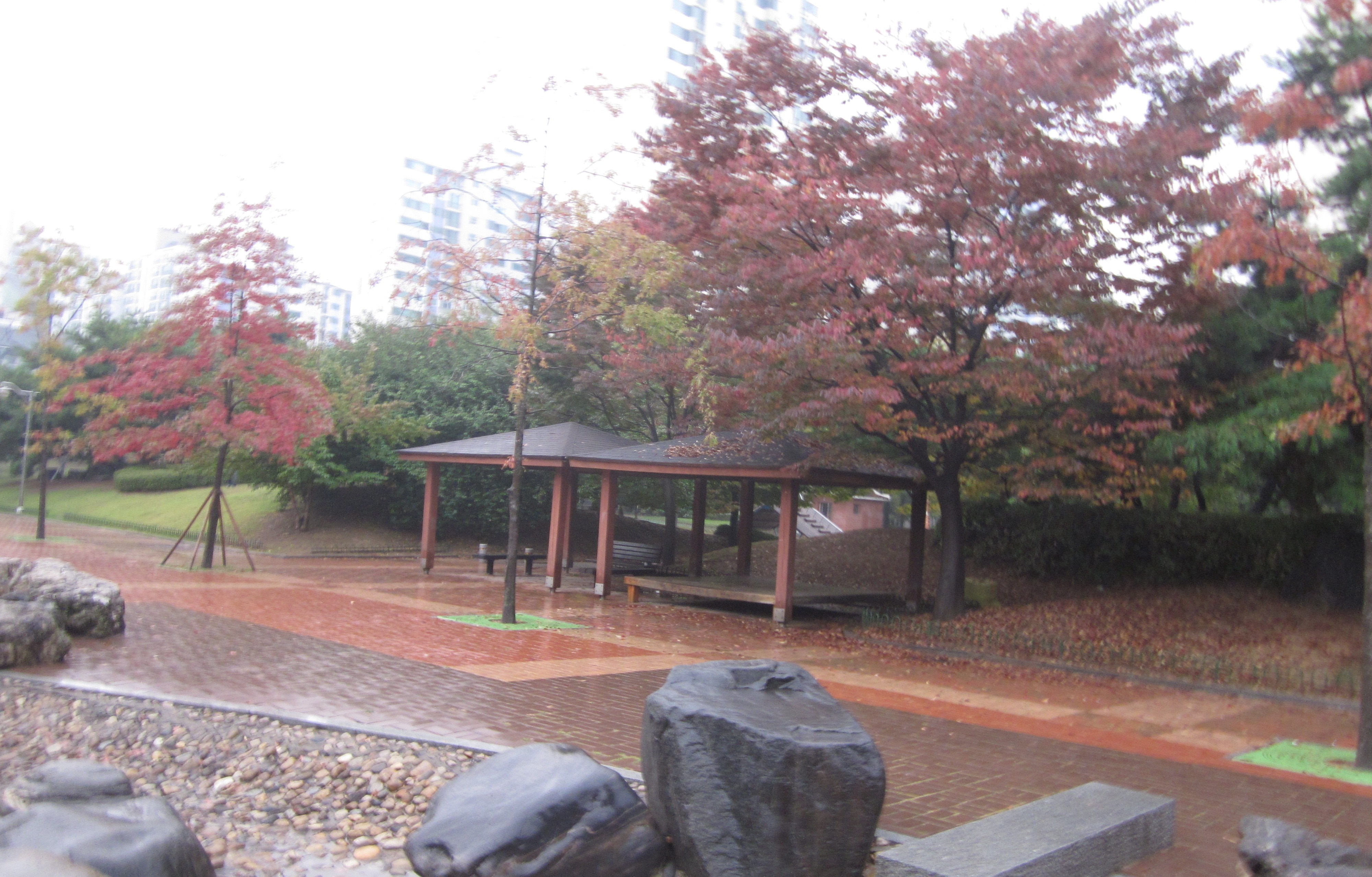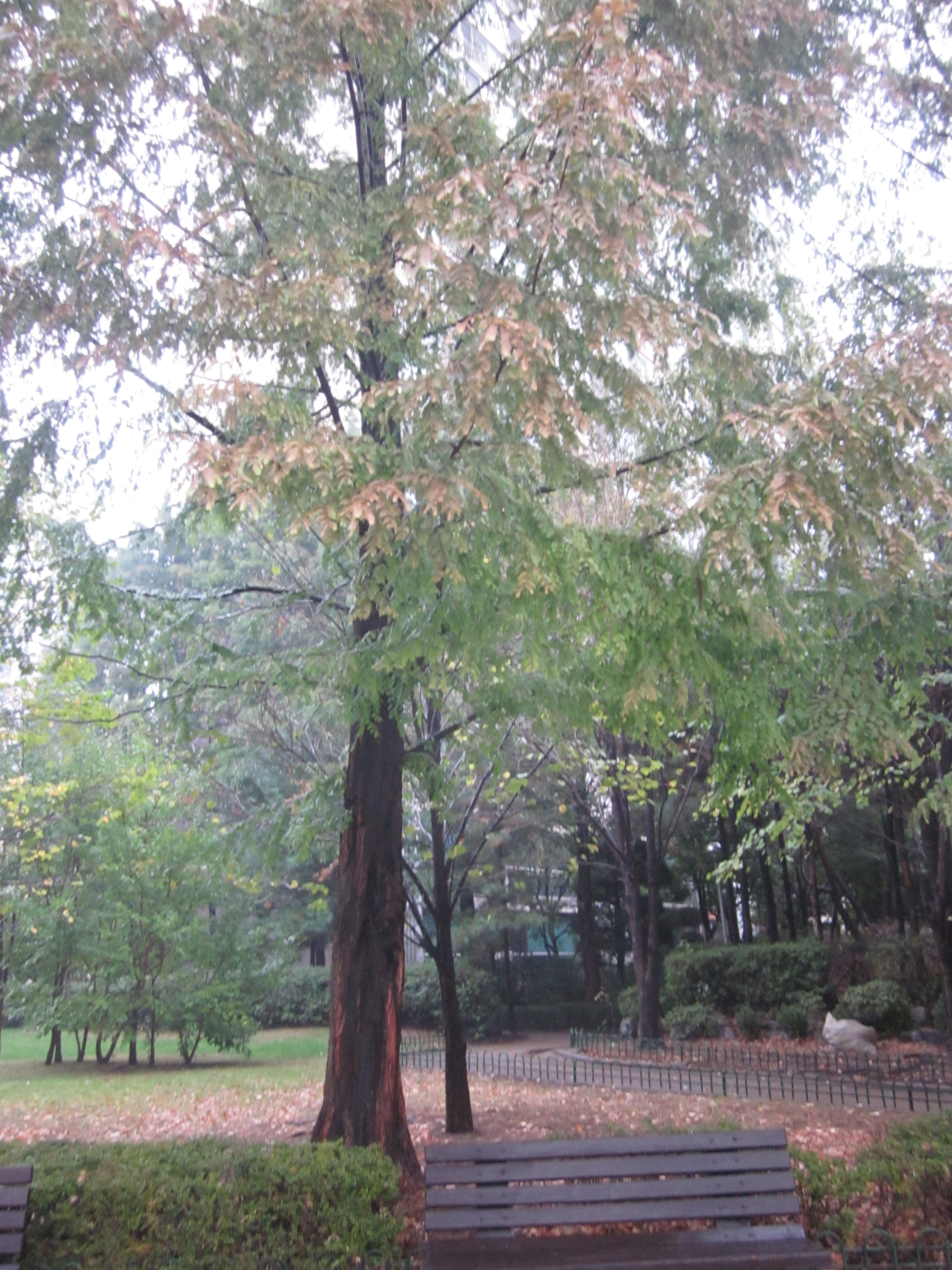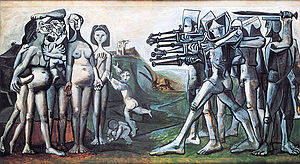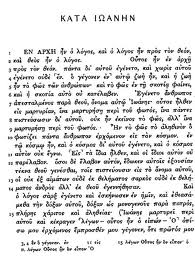Well some of you know, there was a point in my last career (in database design and business systems analysis) when I came very close to applying for business school. I took the GMAT in 2005, and scored quite well. I had filled out applications for several high-powered business schools in Europe, and had written some essays, for entrance to International MBA programs. Why was I thinking this? Well, before I realized that I needed a job/career that was more humanly (and humanely) fulfilling, I was working hard to find the more "human" side of my last, computer-related job. And that seemed a logical direction to take it – I was interested in project management, management consulting, that kind of thing.
Sometimes, therefore, I return to surfing management-theory-related texts and blogs online. Not very often – my interest in this stuff has definitely faded. But now, and again, I go looking around. For some reason, a line by Matthew Stewart has struck me as rather insightful – and ties into my interests in epistemology and philosophy and marxism, too. In an article entitled "The Management Myth" (from The Atlantic, June 2006 issue), he writes, "Much of management theory today is in fact the consecration of class interest—not of the capitalist class, nor of labor, but of a new social group: the management class."
I suppose this struck me, too, in my thinking about how Korea as a society "works," who the vested interests are, that kind of thing. Although what passes for management in Korea is radically alien to what happens in the "West," it still ends up working the same way, from a sociological standpoint.
…
Unrelatedly, two developments.
1) With two weeks remaining at Hongnong, I have discovered that my blog's admin website is no longer blocked on my school's network. Lucky me. Hence this post, on a slow Thursday morning of desk-warming.
2) I am not so narcissistic as to assume every person likes me. Or even respects me. I suspect I have aspects of my personality that grates on a lot of people. But I nevertheless feel depressed and dismayed when I get evidence that someone whom I have grown to respect and even like in fact doesn't seem to think very highly of me. I wonder what I'm doing wrong. Well… I'm not going to go into details. But life is full of these revelatory negative social epiphanies, I suppose.

